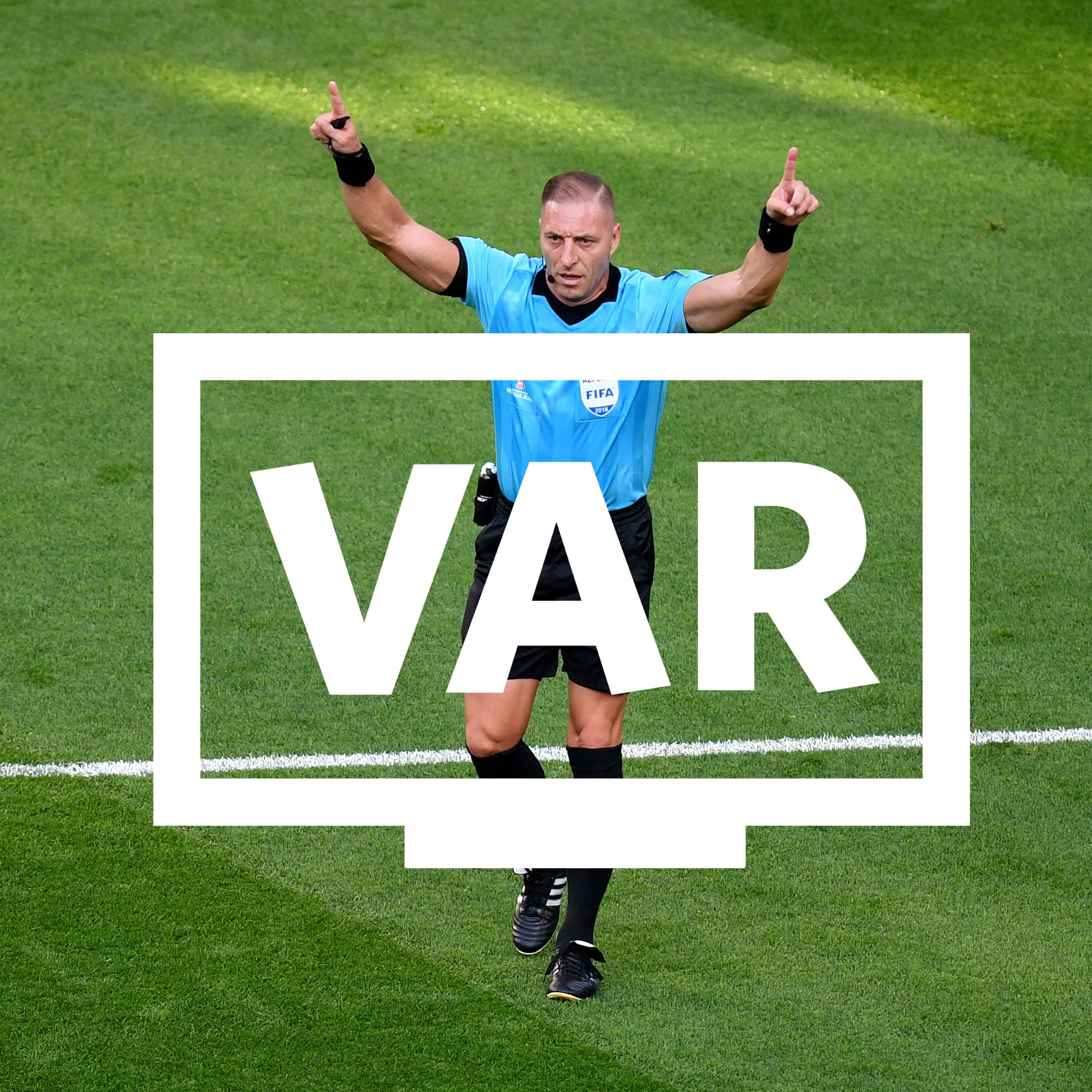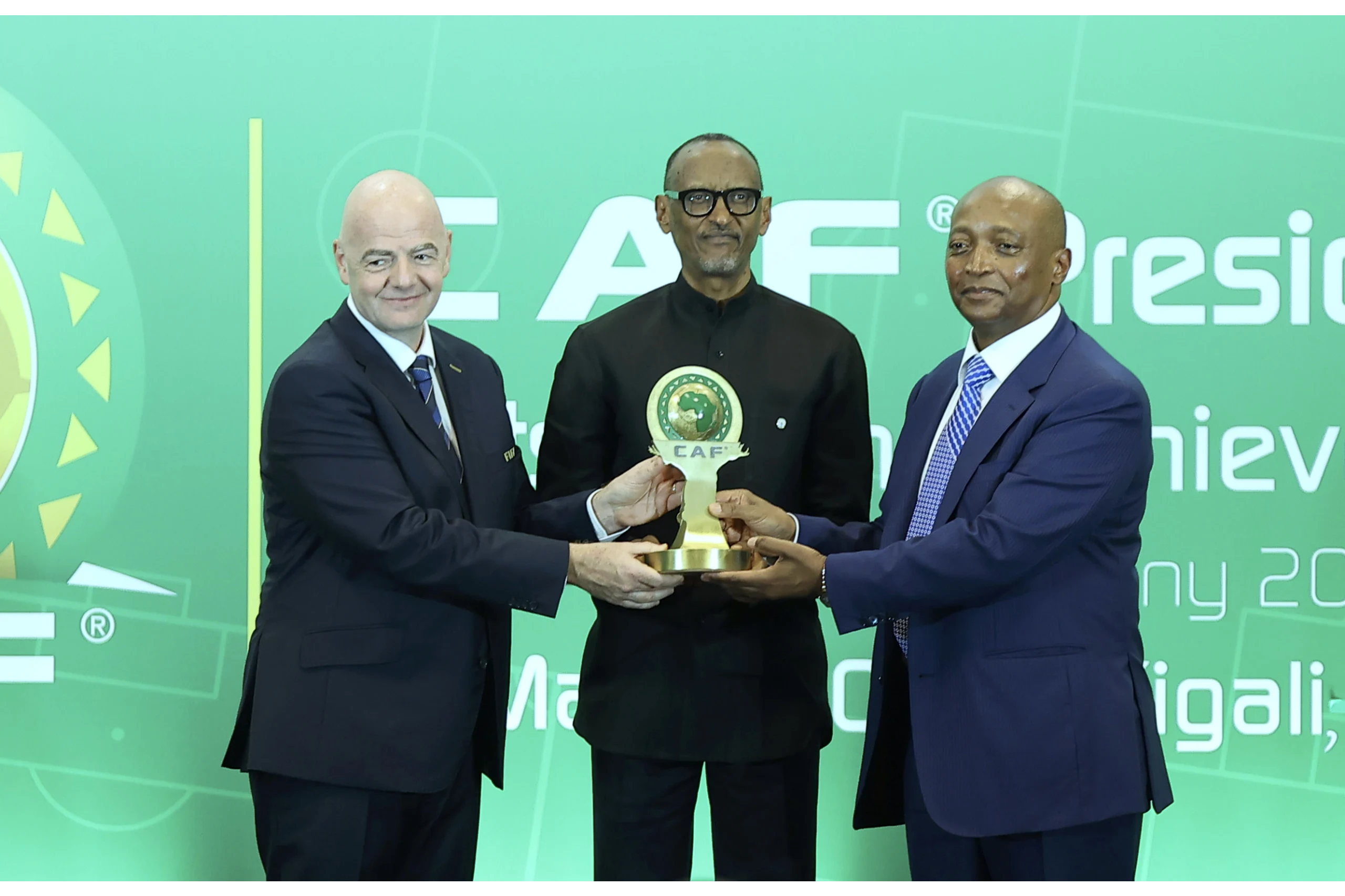I am getting a bit confused about the operations of the novelty Video Assistant Referees (VAR) in world football, especially in the highly competitive English Premier League (EPL).
There seems to be a lot of inconsistencies in the operations intended to ensure fair play in the game. Football purists still maintain the referee has the final say. The VAR, like the human assistant referee, only assists the referee and does not insist on his or her opinion.
Current events in the EPL appear to show the VAR actually dictating to the referee, for example to change a yellow card to a straight red like what happened to Manchester United’s Casimero in the recent match against Southampton at Old Trafford.
One may say it’s the EPL’s problem since Ghana does not operate the VAR system here. My fear is, knowing my country people so well, we might copy blindly in the future when it is introduced here. Don’t be tempted to say we should mind our own business. I am very much aware that our top priority currently is how to boost the league and attract fans to fill the stands like we had in the not too distant past.
I suggested in a recent write up that there should be a deliberate collaboration between the mass media and the GFA to promote the league. I cited GTV as a potential lead promoter knowing very well GTV is now a commercial enterprise and should not be engaging in freebies.
I was not in the least suggesting a free show. I strongly believe that being in control of arguably the largest nationwide coverage, GTV is powerful enough to attract advertisers in a well packaged football programme that will top the charts. I know they have the personnel and the equipment to compare favourably with what giants like ESPN and Super Sport are doing.
The reaction I got from my print media colleagues and the radio people is that the GFA is not prepared to play ball. The organisers hold the wrong notion that newspapers and radio people are using the league to sell their products so they need no more favours. This is a very funny and dangerous notion.
I am not surprised though. That’s what some uninitiated people in the helm of our sports administration think. They find it difficult to accept the fact that the mass media is an indispensable cog in the wheels of progress and widespread information. Take it or leave it, the mass media can make or mar. Some die hards have challenged this status quo and paid dearly for their indiscretion.
Sports in particular thrive on publicity. That’s why organisers of major games worldwide pay special attention to the mass media. Sports journalists who have covered major continental sports festivals would attest to the special privileges given to the media. It’s not for nothing. It pays off in the end.
I recollect my first coverage of the Olympic Games in Munich 1972 and the almost aristocratic treatment given to the media. We had a well equipped press centre cum village, well stocked 24 hour bar and restaurant and every information you need to get your work done.
We were bombarded with attractive books and magazines so much so that an inexperienced air traveller like me filled my suitcase to the brim with the freebies oblivious of extra weight luggage. In the final analysis, I had to unpack nearly half of the books at the Airport.
A whole story later.
It is now an accepted principle that the media should enjoy a lot of privileges to motivate them work around the clock and this has yielded good dividends.
It’s unfortunate that certain sports administstors fail to recognise the good work of the media and regard sports journalists as enemies or at best intruders.
Honestly, it’s not a new phenomenon. Right from the Ohene Djan days in the 60s, some sports journalists were even banned from entering the stadium for being too critical of the establishment. In the Second Republic, ever smiling Francis Selormey, Sports chief during the Busia administration, had a rather soft spot for sports writers and there was fine collaboration.
In the Military regime of the 70s, Lt. Col Simpe Asante, in charge of sports during the Kutu Acheampong era, also initially bonded well with the media but he tried to be a bully afterwards. He found the then 20-member SWAG team too hot to handle when some of his policies were fiercely challenged at our consultative meetings.
One day, in a hot discussion with SWAG executive at Accra Sports Stadium, Simpe Asante fumed that the SWAG membership was too small to be making such loud noises about sports administration in the country.
A curt reply by one SWAG member that the Armed Forces were ruling the country but they did not even constitute one electoral constituency in the country nearly caused confusion.
Tension was high and Mr R. T. Orleans Pobee (may his soul rest in peace), the ever jovial CEO of the Sports Council) suddenly annouced he was going to throw more light on the discussion. He quickly switched on the lights in his office the meeting place, and the meeting ended in a hilarious uproar.
Suffice to say since then there was complete harmony between the sports media and the administrators. We exchanged ideas freely in the national interest. We had a number of SWAG members serving on the various sports associations including the now untouchable and almighty GFA.
Please ask Joe Aggrey, former SWAG President. He was on the GFA headed by Major D. O. Asiama (may his soul rest in peace) when Ghana won the original Afcon Cup for keeps in 1978.
I would like to end this piece with an advice to the sports administrators, especially the GFA to team up with with the sporting press for the good of the game. Yes, the media will
need football news to sell their newspapers and fill the airwaves but as the saying goes, it’s all in the game and in the national interest to get the full support of the administrators.
Cheers everybody and keep loving sports.
Credit: Ken Bediako



